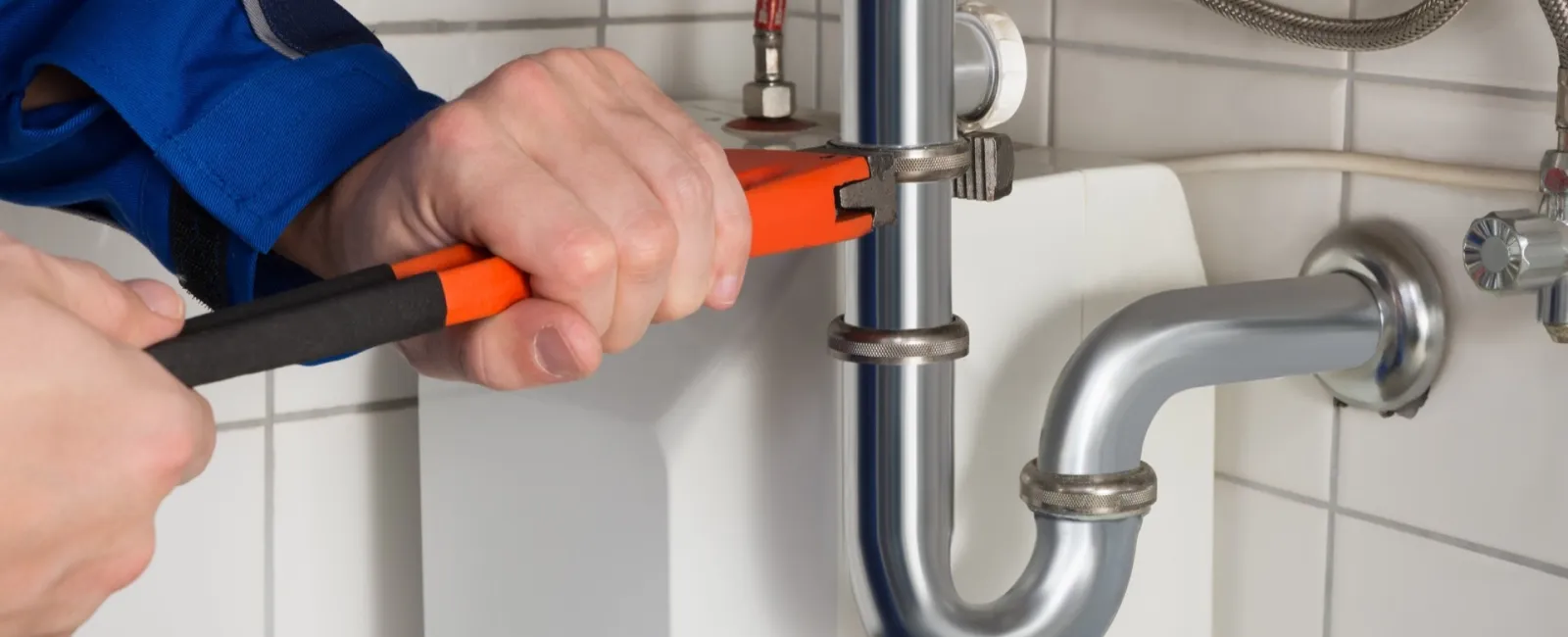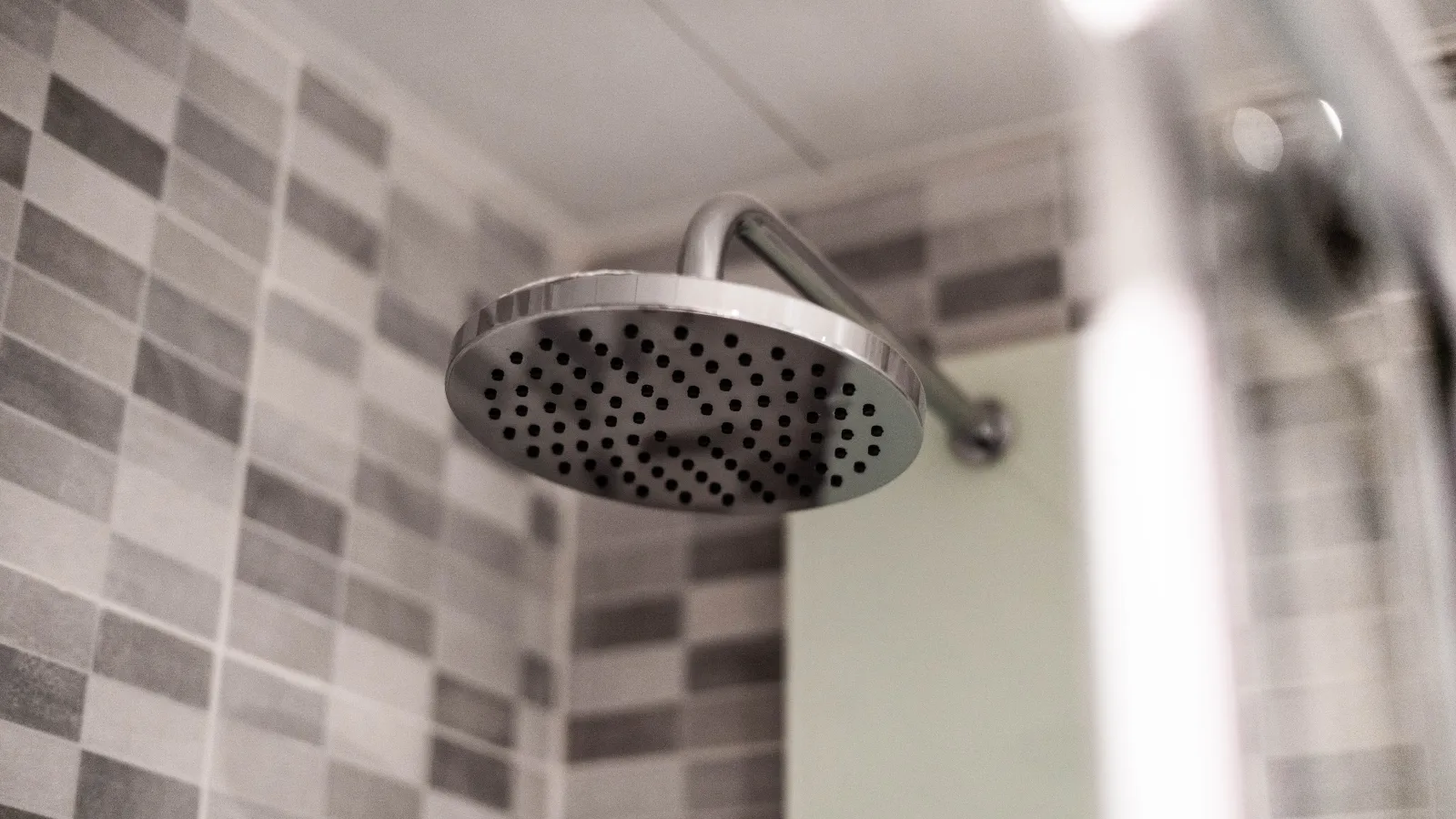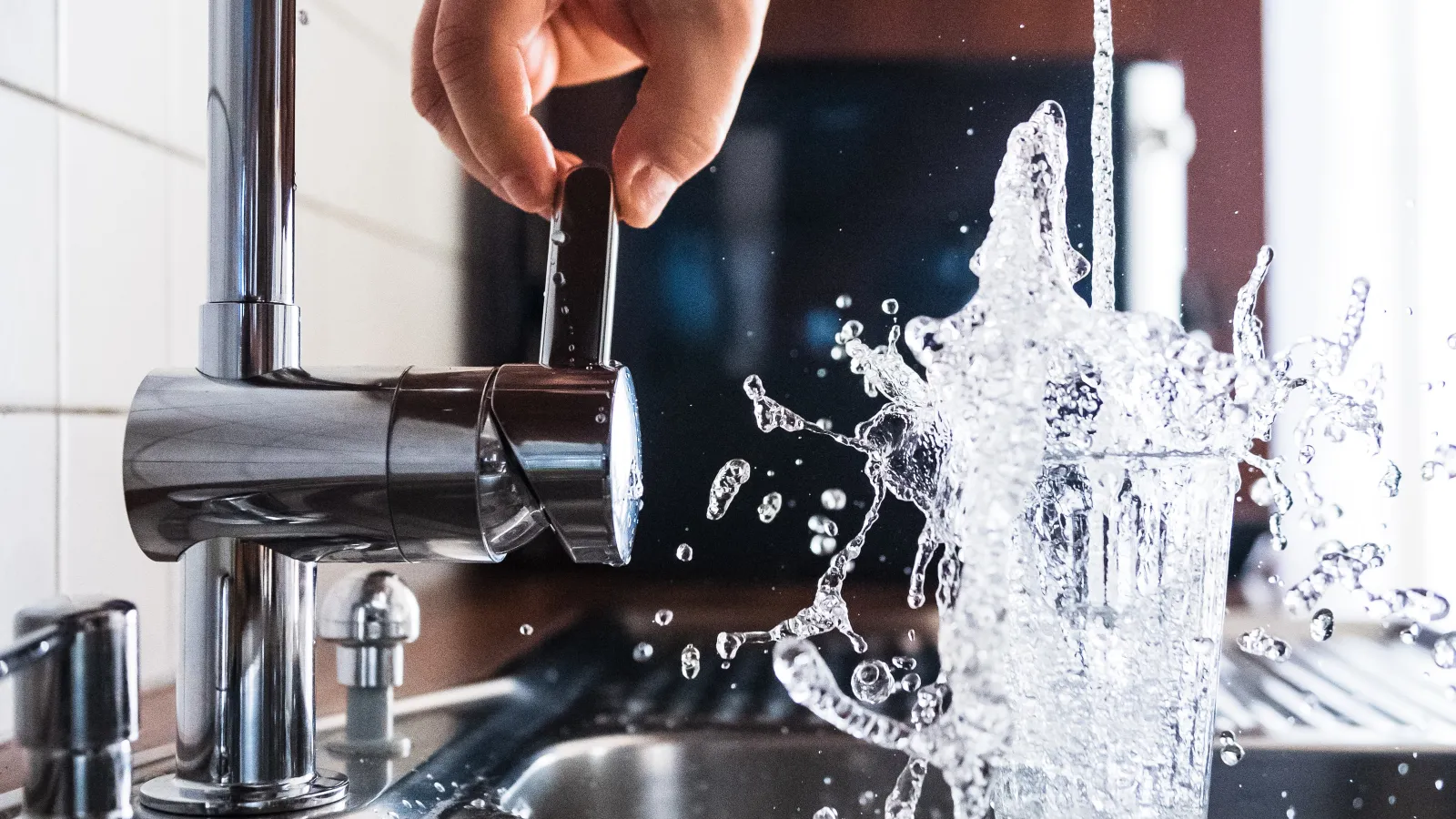A professional touch is essential for plugging water leaks in your home. Plumbers use sophisticated technology to detect and address water leaks, but if you notice your water bills rising, you may be able to handle a basic fix. Here's how to locate sources of the problem and how to use leak sealer to fix them.
Reading the water meter
One way professionals identify leaks is by checking a home's water meter. If you want to see whether water is running somewhere, shut down all water appliances and head outside to the meter box. The leak indicator, a triangular object located in the middle of the meter's dial face, will be spinning if you have a leak.
However, note the tally of the meter itself. If the leak indicator is stable but you notice your home is consuming water without any appliances in use, you have a leak. Shut off the main water valve and open the faucets in the house. If any continue to let out water, you have a leak.
Identifying the specific pipe leaking
If you notice water coming from a faucet that is turned off, inspect the pipes that supply water to that location. You may detect a pinhole leak. Discolorations in copper or plastic pipes indicate that there is a tiny amount of water escaping. Even the smallest leaks waste money and can contribute to dampness or mold growth in your home.
Once the water is off, make sure the leaking area is dried. Apply epoxy leak sealer or tape to stop the trickle of water from a metal pipe. If the pipe is made of plastic, you can use an epoxy primer and PVC glue to plug the leak. Only attempt to fix pipes if you have experience, as you may create more damage than you fix.
Checking for foundation and water heater leaks
A foundation leak may be the most difficult to spot, but a professional plumber has detection equipment that can show what is happening behind the walls of your basement. Dark spots will indicate the presence of running water, but getting to the leaks and fixing them is a complex operation.
Water heater leaks are another trouble spot for homeowners. You may notice a lack of hot water in the shower, which can signal a heater leak. Such leaks can result from rust, corrosion or a faulty drain valve.
Finding the source of leaking water and applying leak sealer may not be as easy as you think. If you have noticed higher water bills for you Atlanta-area home but have trouble identifying or fixing a leak, contact a licensed plumber to do the job and help you avoid water damage.
Image source: Stock.xchng



